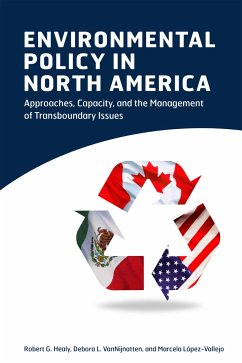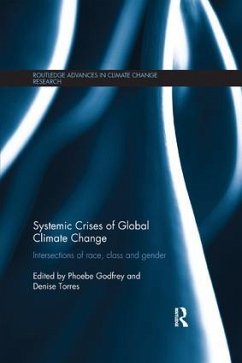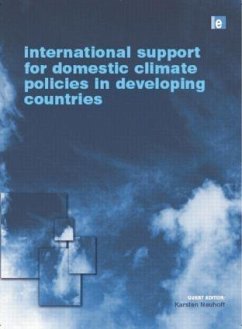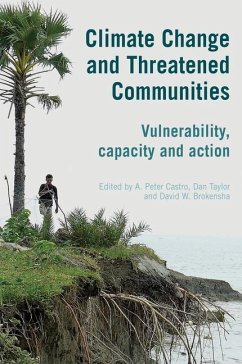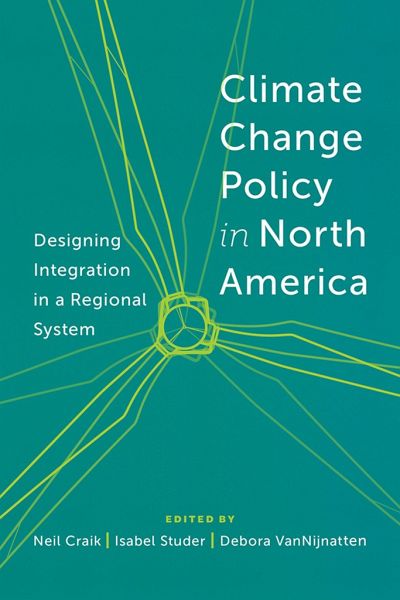
Climate Change Policy in North America
Designing Integration in a Regional System
Herausgeber: Craik, A Neil; Nijnatten, Debora van; Studer, Isabel

PAYBACK Punkte
25 °P sammeln!
While no supranational institutions exist to govern climate change in North America, a system of cooperation among a diverse range of actors and institutions is currently emerging. Given the range of interests that influence climate policy across political boundaries, can these distinct parts be integrated into a coherent, and ultimately resilient system of regional climate cooperation? Climate Change Policy in North America is the first book to examine how cooperation respecting climate change can emerge within decentralized governance arrangements. Leading scholars from a variety of discipli...
While no supranational institutions exist to govern climate change in North America, a system of cooperation among a diverse range of actors and institutions is currently emerging. Given the range of interests that influence climate policy across political boundaries, can these distinct parts be integrated into a coherent, and ultimately resilient system of regional climate cooperation? Climate Change Policy in North America is the first book to examine how cooperation respecting climate change can emerge within decentralized governance arrangements. Leading scholars from a variety of disciplines provide in-depth case studies of climate cooperation initiatives – such as emissions trading, energy cooperation, climate finance, carbon accounting and international trade – as well as analysis of the institutional, political, and economic conditions that influence climate policy integration.



